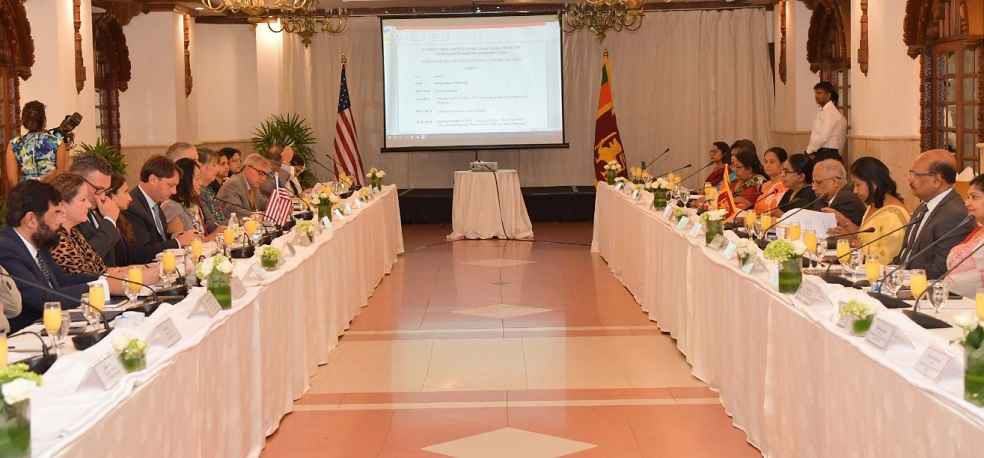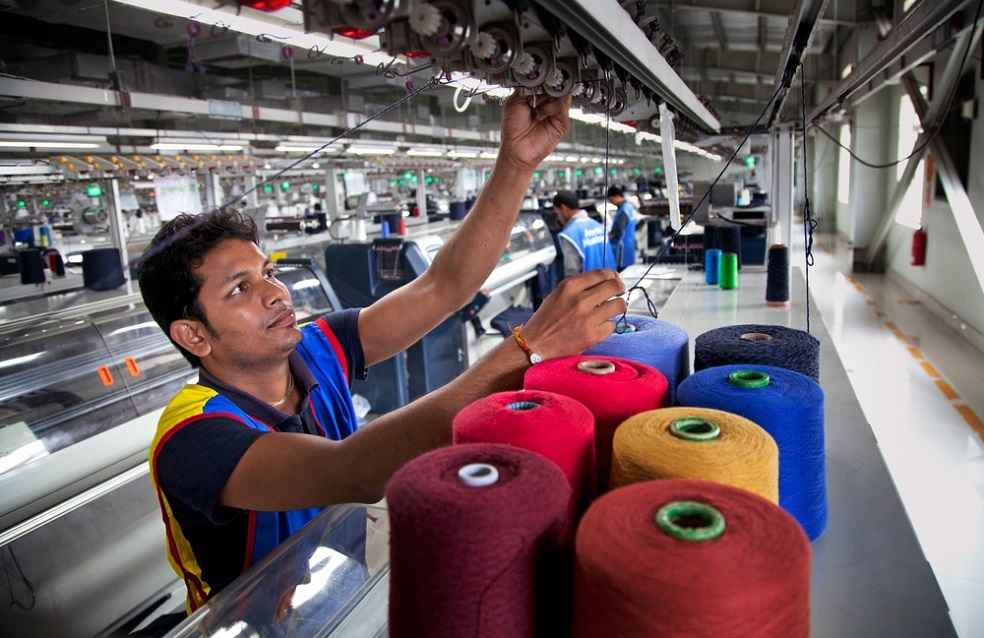Displaying bilateral cooperation, the United States and Sri Lanka convened for their fourteenth Trade and Investment Framework Agreement (TIFA) Council Meeting. Both nations showcased dedication to mutual economic prosperity and fortified partnership by addressing a wide spectrum of trade and investment-related matters.
Key discussions revolved around the broader investment environment, recent labor reforms, customs processes, technical challenges to trade, and enhanced market access for segments like apparel, gems, and jewelry. The potential of the digital economy also formed a pivotal part of their dialogue.
K J Weerasinghe, Sri Lanka’s chief negotiator, and Brendan Lynch, the acting assistant US Trade Representative for South and Central Asia, led the meeting. The assembly, representing diverse sectors, comprised officials from trade, investment, customs, labor, intellectual property, and agriculture.

Both nations identified the imperative to enhance transparency and efficacy concerning foreign direct investment (FDI) within Sri Lanka. Rigorous anti-corruption strategies emerged as paramount. The United States, advocating for good governance, underscored Sri Lanka’s need to establish resilient anti-corruption protocols. Sri Lanka responded by informing about its imminent anti-corruption legislation, earnestly seeking technical and training assistance from the US.
The US highlighted the Biden-Harris Administration’s priority of collaborating with trading allies to amplify workers’ rights. Sri Lanka provided insights into its endeavors to reform its labor laws, ensuring alignment with global standards.
The US also expressed an inclination towards dismantling agricultural trade impediments, aiming to reinforce food security within Sri Lanka. Sri Lanka stressed granting market access for its premium agricultural commodities, such as organic spices, while highlighting potential benefits for both Sri Lankan exporters and US consumers from extended GSP preferences in the apparel, textiles, and leather domains.

Both countries emphasized the necessity of robust intellectual property protection and enforcement, fostering innovation and enhancing bilateral trade.
This TIFA meeting, held in Colombo, reflects the commitment of both nations to shape a prosperous trade-focused future.
IMEX SECTOR | Malaysia Ramps Up Palm Oil Exports to China, Sidestepping EU Rules



